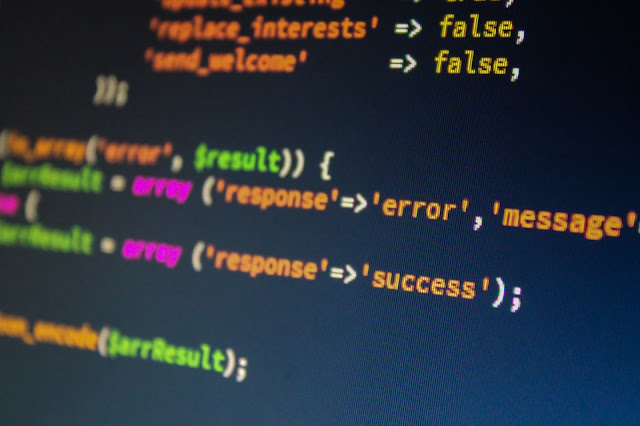Timed events are fun and intuitive for your clients and users. Individuals adore performing in some kind of rivalry, however there are numerous different motivations to demonstrate a JavaScript count down timer on your site. Notwithstanding the reasons, I will demonstrate to you proper methodologies to make a countdown timer utilizing JavaScript and HTML. My essential alert for you is to understand JavaScript dealt with on the client side and has a dependency on the client's computer speed. Be that as it may, countdown timers are as yet successful for urging your users to rapidly play out a specific task.
In our case, we need a simple little time to countdown from one minute. We should fabricate our first JavaScript countdown display:
For the greater part of this to be possible, we have to utilize the "setInterval" function in JavaScript. You have to go in our "secondPassed" function and the number of milliseconds into it (1000 milliseconds = 1 second). We set our "setInterval" function and the "seconds" factors in the global scope since we have to allude to each of them inside the function, yet we wouldn't have any desire to pass them in as variables.
In our "secondPassed" function, we make a "minutes" variable that rounds down to the moment with the goal that we can have left finished seconds. Those left finished seconds go into our "remainingSeconds" variable by utilizing the modulus operator. Since our time system is fairly quirky, we need to deal with putting a zero preceding the initial 10 seconds. Without a doubt, we could cast this into a period variable and have a similar impact, yet we don't need our JavaScript to work too hard when a basic string prepend will do the trick.
After we have isolated our minutes from seconds, we demonstrate them in our "countdown" traverse. We at long last set up a completion for our countdown since negative seconds would not sound good to our users. However, we should even now have an approach to countdown the seconds. Along these lines, we set up a condition that reveals to us when we achieve zero to stop (clear) our global clock variable, "countdownTimer". More often than not, our timer will proceed into the else statement where it will just decrements the "seconds" variable.
For the individuals who are thinking about the exact time, you can utilize more complicated time functions to update the seconds each 10 genuine seconds. I believe that is very excessive, yet don't hesitate to give it a shot. Likewise, this function is really a 61 second timer since it takes 1 second for the function to start on the underlying run.
Figure 1
Figure 2
Figure 3
Well, that is a simple timer in a nutshell. Feel free to modify the script to inspire your users to be more productive!














No comments:
Post a Comment